There have been three baronetcies created for descendants of the ancient Lancashire family of Gerard.
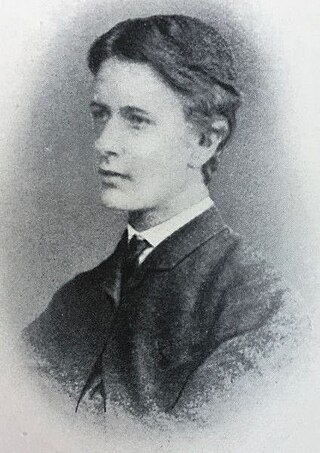
Digby Augustus Stewart Mackworth Dolben was an English poet who died young from drowning. He owes his poetic reputation to his cousin, Robert Bridges, poet laureate from 1913 to 1930, who edited a partial edition of his verse, Poems, in 1911.

Finedon is a town and civil parish in North Northamptonshire, England, with a population at the 2021 census of 4,552. In 1086 when the Domesday Book was completed, Finedon was a large royal manor, previously held by Queen Edith, wife of Edward the Confessor.
There have been six Baronetcies created for persons with the surname Brown, one in the Baronetage of Nova Scotia, one in the Baronetage of England, two in the Baronetage of Great Britain and two in the Baronetage of the United Kingdom. Two creations are extant as of 2010.

There have been two baronetcies created for members of the Knightley family, one in the Baronetage of England and one in the Baronetage of Great Britain. Both creations are extinct. The Knightley family originated at the Staffordshire manor of Knightley, acquired by them shortly after the Norman Conquest of 1066. In 1415 Sir Richard Knightley purchased the manor of Fawsley in Northamptonshire, where the senior line of the family became seated.
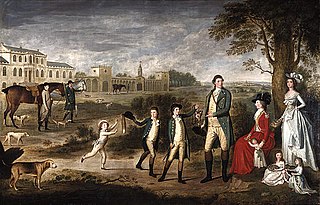
There have been five baronetcies of the United Kingdom created for a person with the surname Erskine, two in the Baronetage of Nova Scotia, one in the Baronetage of Great Britain and two in the Baronetage of the United Kingdom. Two of the creations are extant as of 2010.
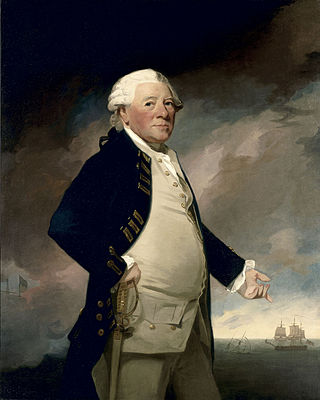
There have been seven baronetcies created for persons with the surname Parker, three in the Baronetage of England, two in the Baronetage of Great Britain and two in the Baronetage of the United Kingdom. Two of the creations are extant as of 2008. Though none of the different families of baronets were related, several supplied a number of flag officers to the Royal Navy.

There have been twenty one baronetcies created for persons with the surname Williams, eight in the Baronetage of England, three in the Baronetage of Great Britain and ten in the Baronetage of the United Kingdom. Only six of the creations are extant as of 2017.
The Douglas of Glenbervie, Kincardine Baronetcy was created on 28 May 1625 in the Baronetage of Nova Scotia.
There have been nine baronetcies created for persons with the surname Moore, two in the Baronetage of England, one in the Baronetage of Ireland, two in the Baronetage of Great Britain and four in the Baronetage of the United Kingdom. As of 2014 two creations are extant and one is considered dormant.
There have been two baronetcies created for persons with the surname Mackworth, one in the Baronetage of England and one in the Baronetage of Great Britain. One creation is extant as of 2008.
There have been three baronetcies created for persons with the surname Dryden, one in the Baronetage of England and two in the Baronetage of Great Britain. Two of the creations are extant and are joined under a single holder since 1874.
There have been three baronetcies created for persons with the surname Clayton, two in the Baronetage of Great Britain and one in the Baronetage of the United Kingdom. One creation is extant as of 2021.

There have been three baronetcies, all in the Baronetage of England, created for members of the Spencer family, both for descendants of two younger sons of Sir John Spencer (1524–1586) of Althorp, Northamptonshire.
Volta Tower was a folly in the town of Finedon, Northamptonshire, England. It was built in 1865 and collapsed in 1951.

There have been five baronetcies created for persons with the surname Kennedy, one in the Baronetage of Ireland, three in the Baronetage of Nova Scotia and one in the Baronetage of the United Kingdom. One creation is extant as of 2010.
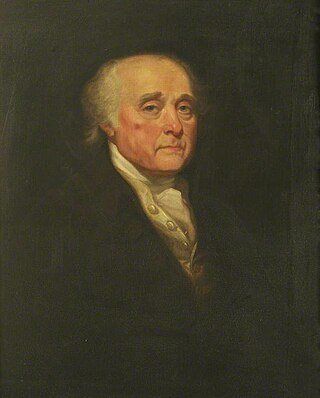
Sir William Dolben, 3rd Baronet was an English Tory politician and abolitionist.
There have been two baronetcies created for persons with the surname Pickering, one in the Baronetage of Nova Scotia and one in the Baronetage of England. Both creations are extinct.
Sir Gilbert Dolben, 1st Baronet (1658-1722), of Finedon, Northamptonshire, was an English lawyer, landowner and Tory politician who sat in the English and British House of Commons between 1685 and 1715. He also served as a High Court judge in Ireland for many years. He was the grandfather of the leading anti-slavery campaigner Sir William Dolben.
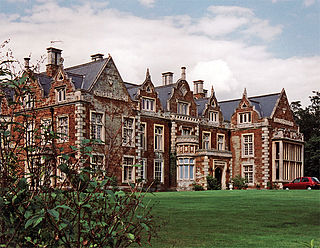
Finedon Hall is a Victorian country house in Finedon, Northamptonshire. It is a Grade II listed building.











